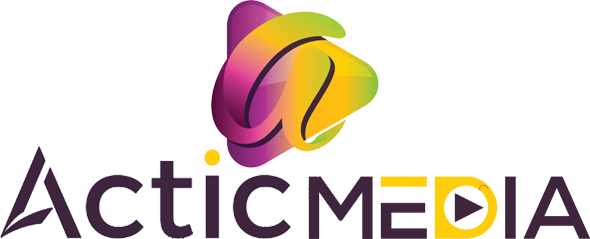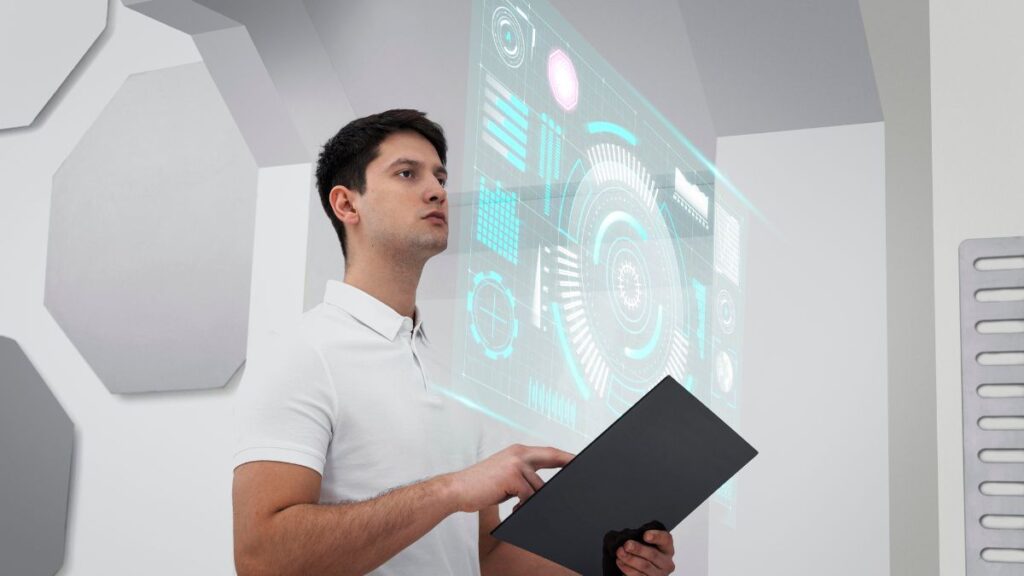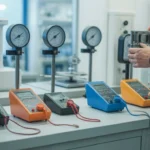Accurate measurements are the backbone of countless industries, from manufacturing to healthcare. Without precision, results can veer off course, leading to costly errors and compromised quality. Enter kalibraatio—a critical process that ensures instruments and tools deliver reliable measurements every time.
But what exactly is kalibraatio? Why is it so vital across different sectors? As we dive deeper into this topic, you’ll discover how calibration safeguards not just your equipment but also the integrity of your work. Whether you’re a business owner or an industry professional, understanding this concept could be the game-changer you need for success. Let’s explore the world of kalibraatio together!
What is Kalibraatio?
Kalibraatio is the Finnish term for calibration, a critical process that ensures the accuracy of measurements. At its core, kalibraatio involves comparing the output of a measuring instrument to a recognized standard.
This practice guarantees that devices are functioning correctly and yield reliable data. Whether it’s temperature sensors or pressure gauges, each tool must be calibrated to maintain precision.
Without proper kalibraatio, results can deviate significantly from reality. This discrepancy can lead to errors in production, safety risks, and financial losses.
The concept spans various fields including manufacturing, healthcare, and research. Each industry relies on accurate measurements to ensure quality control and compliance with regulations.
In essence, kalibraatio acts as a safeguard against inaccuracies and helps uphold standards across diverse applications.
The Importance of Calibration in Various Industries
Calibration plays a critical role across multiple industries. In manufacturing, precise measurements ensure product quality and safety. A minor deviation can lead to significant defects, affecting both functionality and consumer trust.
In the healthcare sector, accurate calibration of medical devices is vital. Equipment like MRI machines or blood analyzers must deliver correct readings for effective diagnosis and treatment. Errors can have serious implications for patient care.
The food industry also relies on calibration to maintain standards in production processes. Properly calibrated scales and thermometers help ensure compliance with health regulations, safeguarding public health.
Even in environmental monitoring, calibration is essential. Instruments that measure air or water quality require regular adjustments to provide reliable data for regulatory compliance and research efforts.
Across these varied fields, the importance of kalibraatio cannot be overstated; it ensures accuracy, reliability, and safety in operations that impact everyday lives.
The Process of Kalibraatio
The process of kalibraatio involves several precise steps to ensure accuracy. It starts with selecting the right standard reference. This reference must be well-documented and traceable to national or international standards.
Next, the equipment being calibrated is compared against this standard. Any discrepancies are noted, allowing technicians to make necessary adjustments. This step is crucial for maintaining measurement integrity across different applications.
Environmental factors may also play a role during calibration. Temperature fluctuations and humidity can affect readings, so it’s vital to perform these tasks in controlled conditions.
After adjustments are made, a final verification ensures that everything aligns correctly with the established standards. Documentation follows to provide a clear record of the calibration outcome; this serves as proof of compliance for regulatory requirements.
Regular checks help maintain an ongoing cycle of accuracy within operational processes.
Common Tools and Equipment that Require Calibration
Various tools and equipment are crucial in maintaining accuracy across industries. Measurement devices like scales often fall into this category. An uncalibrated scale can lead to significant errors, affecting everything from shipping costs to product quality.
Thermometers also play a vital role, especially in food safety and healthcare settings. A slight deviation in temperature readings can compromise patient care or spoil perishable goods.
Pressure gauges are another essential tool that requires regular calibration. In industrial applications, incorrect pressure readings could result in unsafe working conditions or equipment failures.
Electronic measuring instruments such as multimeters must be calibrated to ensure they provide precise voltage and current measurements. Accurate data is key for troubleshooting electrical systems effectively.
Each of these tools plays a critical role in their respective fields; thus, ensuring proper calibration helps maintain high standards of quality and safety.
Benefits of Regular Calibration
Regular calibration is essential for maintaining accuracy in measurements. It ensures that instruments operate within specified limits, leading to reliable results every time.
One of the key benefits is improved quality control. Accurate measurements contribute to consistent product quality across various industries. This can significantly reduce waste and rework costs.
Additionally, regular calibration enhances safety. In fields such as healthcare and manufacturing, precise measurements are critical for preventing accidents and ensuring compliance with regulations.
Another advantage is increased efficiency. Well-calibrated tools work optimally, reducing downtime caused by faulty equipment or incorrect readings.
Businesses often experience enhanced reputation when they prioritize calibration practices. Clients value precision and reliability, making it a smart investment in long-term success.
Tips for Choosing a Reliable Calibration Service Provider
Selecting a reliable calibration service provider is crucial for maintaining measurement accuracy. Start by checking their certifications and accreditations. This ensures they meet industry standards.
Next, look at their experience in your specific area of need. A provider familiar with your equipment can offer tailored solutions.
Customer reviews and testimonials are invaluable. They provide insights into the quality of service and reliability.
Consider their turnaround time as well. Quick responses often indicate good customer support.
Assess whether they offer on-site services or require you to send equipment away. On-site options can save time and reduce risks associated with shipping delicate instruments.
By evaluating these factors, you’ll find a calibration partner that meets your needs effectively.
Conclusion
Kalibraatio plays a critical role in ensuring precision and reliability across various sectors. Whether it’s manufacturing, healthcare, or scientific research, accurate measurements directly impact outcomes. By understanding what Kalibraatio entails and its significance in your field, you can make informed decisions that enhance quality control.
Choosing a reliable calibration service provider is essential for maintaining compliance with industry standards. Regular calibration not only minimizes errors but also boosts efficiency and safety.
Investing time into the calibration process pays off significantly in the long run. With proper tools and knowledge at your disposal, you can foster an environment where accuracy thrives. Emphasizing the importance of Kalibraatio will ensure better results now and well into the future.







